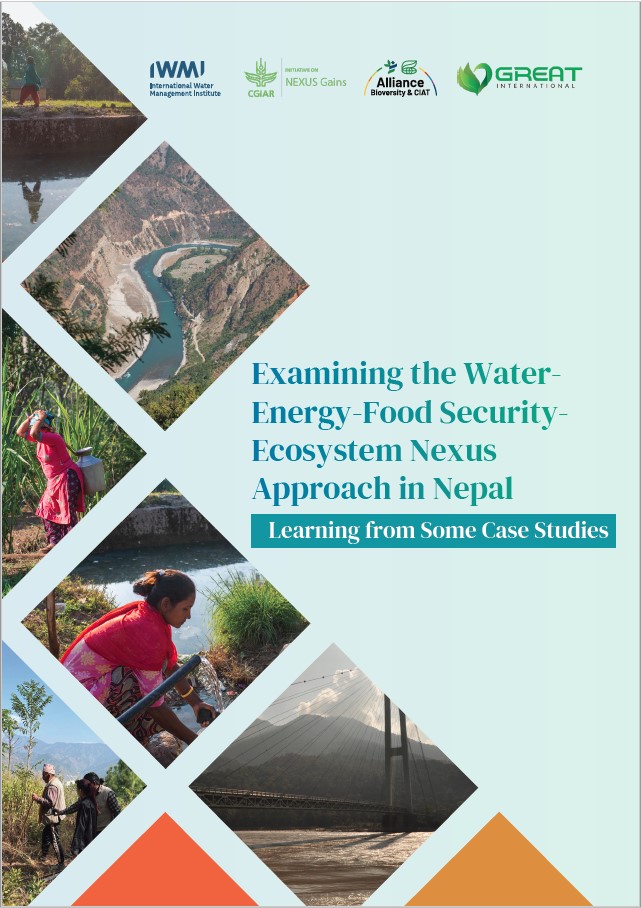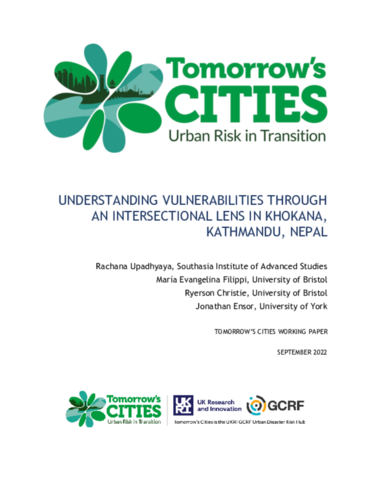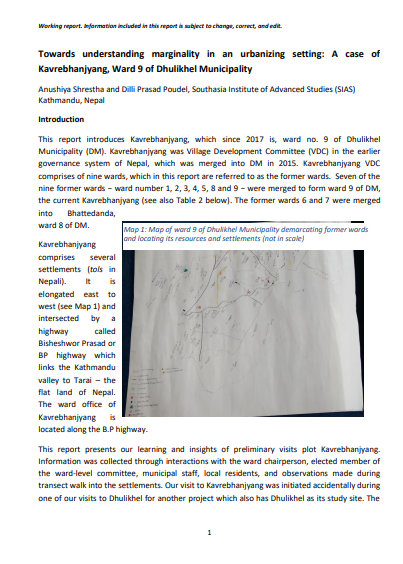Author: Anushiya Shrestha
Publisher: Farmer Managed Irrigation Systems (FMIS) Promotion Trust Kathmandu, Nepal
Available at: https://fmistnepal.files.wordpress.com/2023/07/fmist_9th-international-seminar-proceedings-compressed.pdf
Abstract
Rights and access to stream-fed small irrigation systems in Nepal are being impacted by complex socioeconomic, environmental, and political factors. These changes are particularly evident in peri-urban areas as water competition intensifies during the transition from rural to urban spaces. Reallocating irrigation water sources to meet increasing urban “drinking” water demands, common in peri-urban spaces, often comes at the expense of shrinking irrigation services and the livelihoods of struggling farmers. Climate change, land use changes, and water usage alterations further exacerbate the adverse effects on water sources, challenging the sustainability of these institutions that rely on reciprocal contributions for irrigation systems and access to services. This study examines the changes and challenges the farmer-managed irrigation systems (FMIS) faced drawing on the case of FMIS in Dadhikot, which administratively belongs to the Suryabinayak Municipality in the Kathmandu Valley. The study is based on ethnographic case studies conducted between 2015 and 2019. While these changes and experiences are contextual, they raise important questions pertaining to the erosion and evolution of the FMIS as they confront various socioeconomic, institutional, and environmental pressures, particularly during the peri-urbanization process that characterizes the urban development in Nepal.







